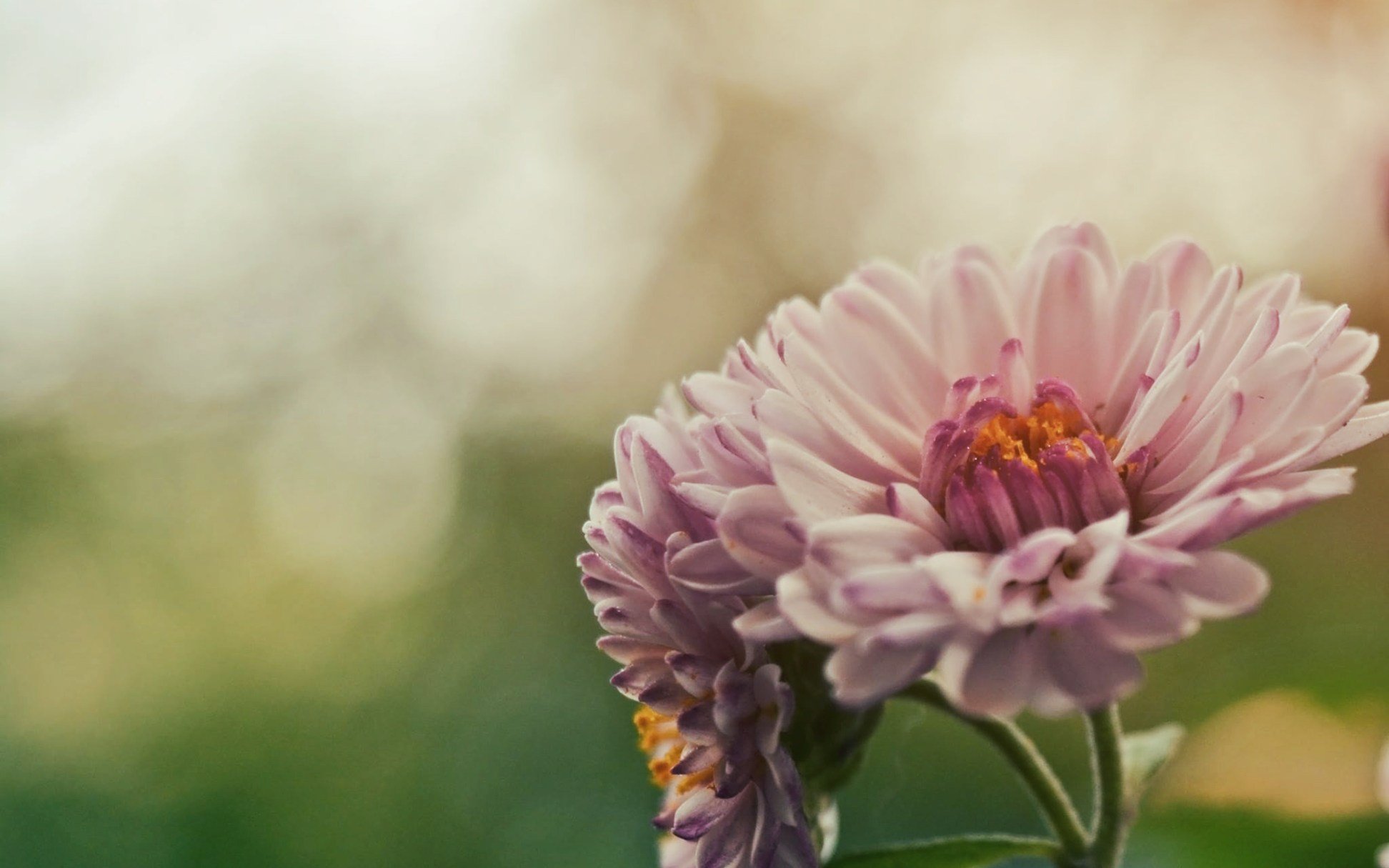When Every Holiday Reminds You of Loss
I never know exactly when it’s going to hit me, but when it does, it seems to come on like daggers piercing my heart. The recent celebration of Father’s Day was a wonderful time of being grateful for and affirming my husband, the father to our two children and the love of my life. But with every picture shared on social media about my friends’ fathers, I was given a reminder that mine is gone. My father passed away when I was 19. He was my best friend. It’s been many years since his passing but it seems the sorrow, though at times not as strong, never fully goes away. Tragically, my father isn’t the only one my family has lost. I won’t go down the list, but I will say that almost every holiday is a reminder that someone is missing.
Real Pain
Grief and sorrow are the shadows that follow many of us around during holidays. But there’s often something about the holidays that makes you and I think that we must put on a happy face and hide the pain we feel in our hearts. We don’t have to. The pain is real. The sorrow is real. Trials are hard to endure at times. God never once promised the Christian life would be without trials. On the contrary, as it has been said before, all one needs to do is live long enough and surely trials will arrive. So there is no date on the calendar that can take away the sadness of losing a loved one. No magic pill. No man-made celebration.
But God…
God can ease our pain and sorrow. God can give us peace. God can remind us of the joys of this life even in the midst of great sorrows. God also sent His Son who reminds us that we don’t suffer alone. Thankfully we have a Savior who relates to our suffering. Jesus is aware of and acquainted with the grief of man. He is acquainted with my grief and your grief. The God-Man endured trials and temptation but is without sin (Heb 4:15). He faced agony to the point of sweating blood (Luke 22:44).
On his way to the cross, Jesus sat and prayed to his Father that, if it were God’s will, to take the cup of His wrath away. And yet we know that Jesus willingly followed his Father’s will, drank that cup and he hung on the cross. And in his final moments on the cross, Mark records him saying, “’Eloi, Eloi, lema sabachthani?’ which means, ‘My God, my God, why have you forsaken me?’” (Mark 15:34).
His pain and suffering was for a purpose — the redemption of the world. He endured great pain and wrath, which I can only begin to imagine, on my behalf.
Our Future Hope
However, paradoxical it may seem, I can rejoice in suffering because I know I have a living hope. I know that my hope will bring me to an eternal glory. I will one day rise and be with Christ forever. I can rejoice in suffering today because I know that suffering produces endurance, and endurance produces character, and character produces hope, and hope does not put me to shame, because God’s love has been poured into my heart through the Holy Spirit who has been given to me (Rom. 5:3–5).
God has promised us that one day every tear will be wiped away (Rev. 21: 4). The truth of these words and our future hope are some of the greatest comforts to me each holiday. We may not be able to rejoice and celebrate with a fairytale happiness—but we can have real joy. This joy comes from knowing that we await something so much greater than any earthly celebration.
Our hope is in Christ. We rejoice during these earthly trials with a living hope, knowing that nothing — no great trial, no pain or sorrow, and no one — shall separate me from the love of God. The next holiday will come and I will likely have a sting of sadness, but one day I will be able to say:
Death is swallowed up in victory
O death, where is your victory?
O death, where is your sting?
(1 Cor. 15:55).
RELATED CONTENT











This past week I joined five storytellers in Rwanda to meet the incredible men and women served by HOPE International and capture stories. The stories are wonderfully encouraging but their lives were a lesson to me. On Tuesday, we drove out with another organization (Aziza Life) to learn from women of the Abumurvava Village, which means “The Courageous People” and experience the typical lifestyle of a woman in the countryside. As we drove out to this village and as I interacted with the women, I couldn’t get Proverbs 31, the famous Hebrews poem, out of my head.